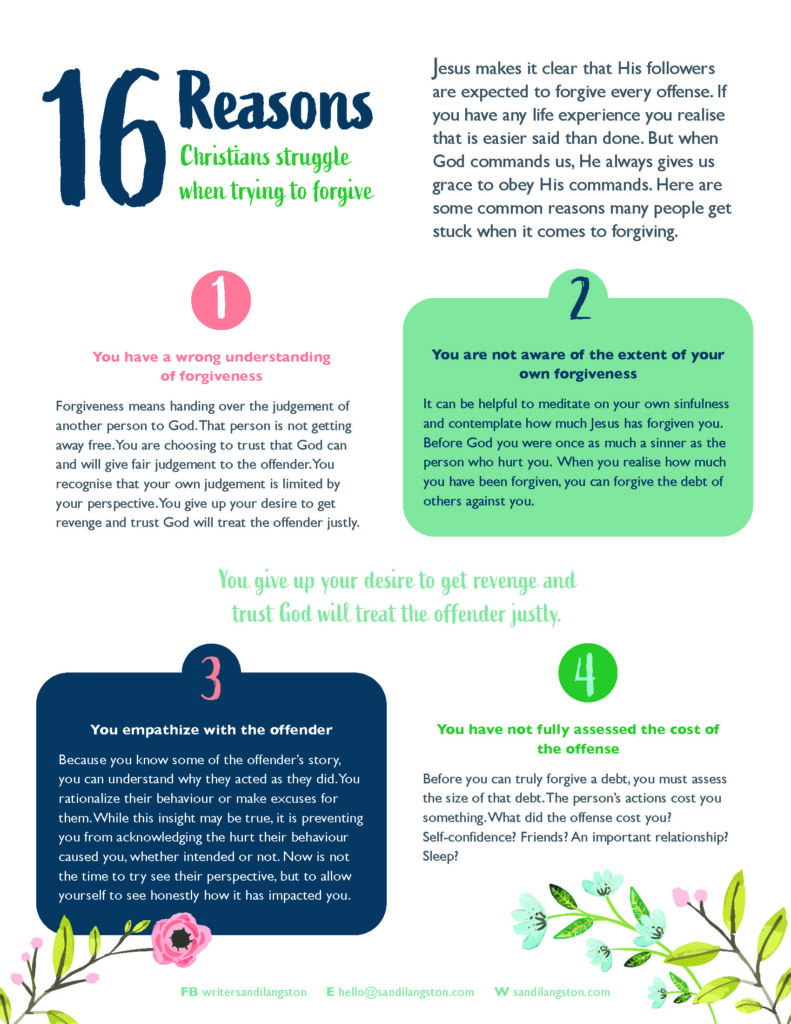Do you like yourself? Growing in Self-Acceptance
The billboard stood there for months and each time I saw it I had the same reaction: I was repulsed. A slice of pepperoni pizza with legs and arms was depicted lounging around and every time I saw it, I added the sound effect of a grotesque burp in my head. The caption read: Bad breath isn’t sexy. It was an advert for some kind of breath freshener. (This was years ago in Vancouver.) What repulsed me was not the intended cringing at the thought of having bad breath. It was the fact that the advertisers were playing on our cultural assumption that sexy is better. They created a gap between ordinary people and sexy people and then they told us how to become sexy: use their product. Ok, if I am honest I want to be sexy too, but the problem is that the advertisers had the wrong starting point.
If we consult our map, we see that our starting point is different: we are not trying to become wonderful; we already are wonderful! We are fearfully and wonderfully made, perfect without flaw, we are already “very good,” a new creation and clothed in white, we shine like stars in the universe, and we are seated in the heavenly realms in Christ Jesus.[1] We do not need a fashionable wardrobe to be beautiful; we are beautiful. We do not need a certain size figure and shade of eye shadow to be gorgeous; we are gorgeous because God made us gorgeous and He says we are gorgeous. I have not yet discovered the word “sexy” in the Bible, but Song of Solomon insinuates that we are sexy, and nowhere does it mention dependence on a certain type of breath freshener.
The reason this type of advertising works is that the advertisers create a gap. They tell us where we need to be in life and what we are missing; then they tell us how to bridge that gap: by using their product. It is always about money. Most people already do not feel totally great about themselves. We struggle with self-acceptance, even if it doesn’t appear so to others. We do not believe we are beautiful enough, strong enough, healthy enough, fit enough, or good enough. There is a gap. We are looking for something to make us feel better about ourselves, and we are willing to try almost anything.
Amy Carmichael was born into a devout Presbyterian family in 1867 in Ireland. A brown-eyed child, she used to pray and ask God to make her eyes blue. She would pray daily for years, but the Lord never granted her request. As an adult Amy became a missionary to the people of India. Her brown eyes gave her favourable entrance into the Indian communities, for they too had brown eyes. Call it coincidence if you will. I would say it is providence.
This story of Amy Carmichael is a striking testimony of the Lord’s attention to detail in our lives – and an example of why He sometimes says no to our prayers. God could have changed her eyes to blue, but this would have confirmed Amy’s belief that she was not beautiful with brown eyes. Instead, over time, God helped Amy to love herself as she was. Ultimately this was more freeing for Amy.
God knows what He is doing. He knows everything about each of us. He does not make mistakes and He does not make junk. We may not always understand, but we can trust and learn to love. If I am at odds with God about believing I am beautiful, we cannot both be true. I cannot be both beautiful and not. One of us is going to have to change our belief. (Hint: it’s not going to be God!)
I have my own Amy Carmichael story. I never used to like my face. I did not mind the freckles and I thought my ears were kind of cute, but it was the shape of my face that was not right. It was too round. I wanted a slender face with slightly sharper features. I wanted a face that did not get a double chin when I looked down to my feet.
The way I felt about my face changed in an instant when my perspective changed. I realised one day that God has given me an “open” face: a face that people find easy to trust. A counsellor’s face. I cannot know for sure, but I think that if I looked like a model on the front pages of one of those magazines (who are all made-up and photo-shopped and rather far from reality anyway), it would be harder for ordinary people to relate to me and to trust me with their struggles. I celebrate the many sharper-featured counsellors out there but i have grown in self-acceptance and can now celebrate myself too, “double chin” and all.
Believing that we are wonderfully made stops us from feeling unworthy and disqualifying ourselves. We no longer need to make excuses and apologies for our quirks, our imperfect skin, or even our existence. We can be confident in who we are without needing to compare ourselves to others. We have no need to conform to cultural dictations of beauty or hierarchies of worth. We can embrace our aging bodies because we believe in life eternal and have no need to cling to eternal youth. Believing we are wonderfully made also prevents us from taking an unhealthy amount of pride in our physical bodies. We cannot take credit for our looks or our natural giftings any more than we choose our age or our DNA.
Accepting ourselves also helps us celebrate diversity. It is easier to see the good in others when we feel good about ourselves. We can celebrate the blue eyes of our friend when we are content with our brown eyes. As we learn to love ourselves, we will be able to look past ourselves, love others, and help them to love themselves.
If I am honest, I fluctuate regarding how I feel about myself. I think we all do. Sometimes I feel simply wonderful; other times I just feel ugly or I wish I wasn’t so awkward. I have come to realise that how I feel about myself is directly correlated to the amount of time I spend with the Lord.
When I start to feel ugly or obsess over some aspect of myself, I have learned to do a mental check of when I last spent time in God’s presence. Maybe it was that day but I read the Bible verses for the day just to check off a box. It is the times that I linger, hoping to encounter the risen Christ, that make the most difference. Those days I feel beautiful and likeable regardless of the local zit population! It is a mystery.
A compliment is hard to receive when we do not believe it is true. We tell ourselves that the person who said it is just being nice. If someone had told young Amy Carmichael that her brown eyes were beautiful, she would probably have shrugged off the compliment and thought to herself, “no they are not.” Later in her life, Amy would have been able to receive and believe the same compliment because her perspective had changed. Sometimes the parts about ourselves that are hardest to accept are blessings, if only we could see them that way.
Only when we are freed by The Truth can we believe the truth about ourselves and genuinely accept earnest compliments from others. If we will allow it, it is the Word of God that changes us. His Word is Truth and we can choose to believe it rather than our subjective feelings that are based on perceptions. We can repent before the Lord for believing lies about ourselves or for thinking we know more about beauty than God does. We don’t always have to know the reason we are a certain way (why we have blue eyes); we can choose to agree with God that we are beautiful, smart, loveable, (and what else is He saying about you?). We can memorise the Scriptures that are relevant to our struggles and repeat them to ourselves when we lose sight of truth. Growth will be inevitable as we let the Word transform us. And we can pray.
Feel free to pray this prayer:
Father, I can be so critical of myself at times, and that saddens You. You delight in me and so I choose to delight in myself too. Please forgive me for rejecting these parts of myself (list traits, physical or other). Please remove the shame I have allowed to settle, and replace the joy it has stolen. I choose to love my whole body, mind, emotions, personality, temperament, abilities, capacity, interests, background. I take ownership of my talents, my faults, my attitudes, my health, my default reactions, my dreams, and my fears. Please help me to get over myself. Here I am, Your child. I am not perfect, but I love You and I am willing to be used by You just the way I am. Amen.
See this post for more on loving yourself unconditionally (and a side note about sin).
[1] Psalm 139:14; Song of Solomon 4:7; Genesis 1:31; 2 Corinthians 5:17; Revelation 7:9; Philippians 2:15-16; Ephesians 2:6.
Future Blog posts:
(Sign up in the side bar to stay informed!) →
- Shedding shame
- Fighting fear
- Malignant distorted perspectives
- Abolishing pride
- Book reviews on recent books about Christian living & Identity




This is so beautifully written, Sandi. Our view of ourselves is reflected in our Savior’s eyes when we take the time to sit and look. I wish I could have seen myself that way when I was younger!
You have said it beautifully yourself!
Oh I love this post Sandi, resonated with me in so many ways!
That is great, thanks for saying so. It’s always encouraging to hear!